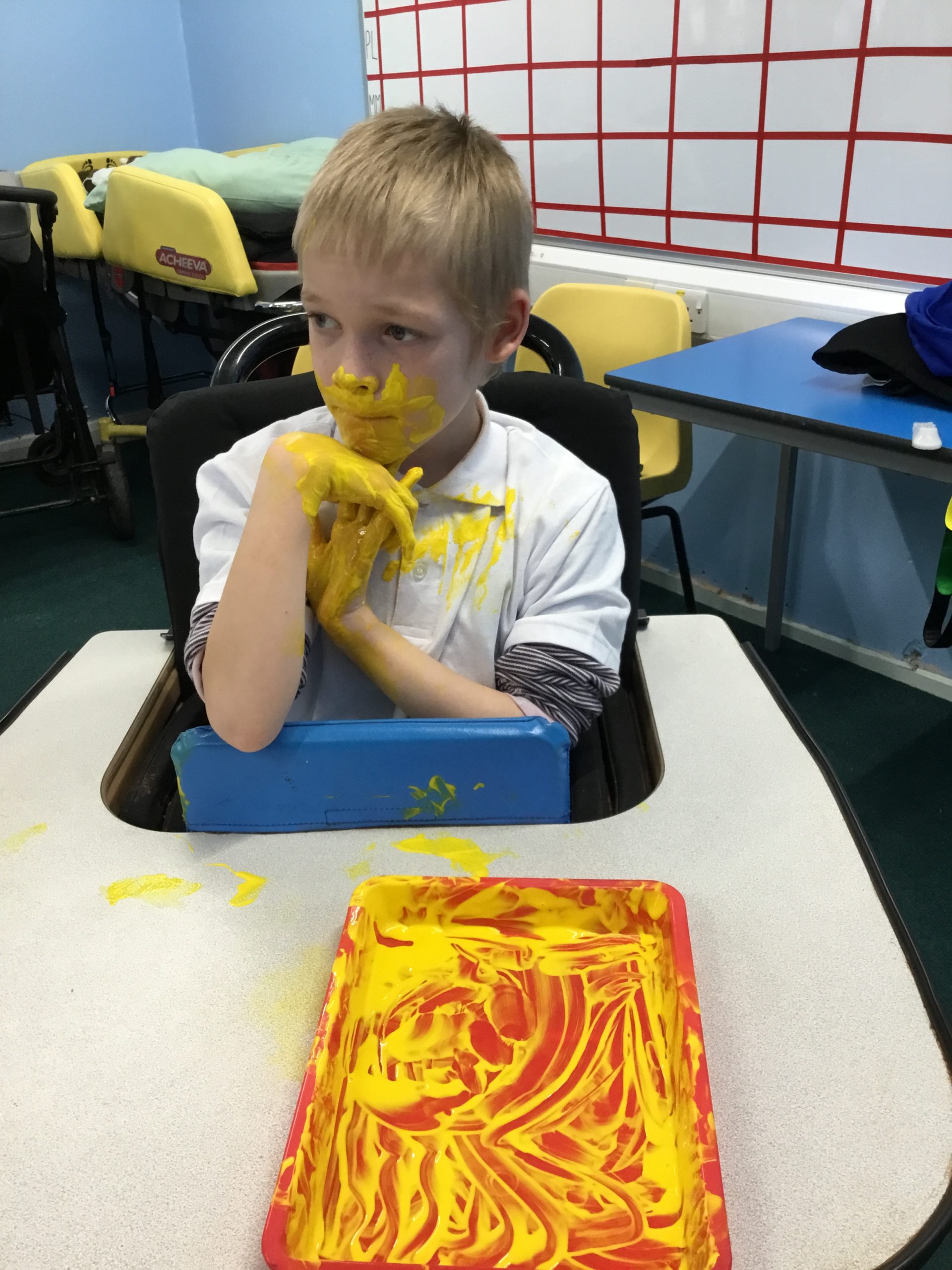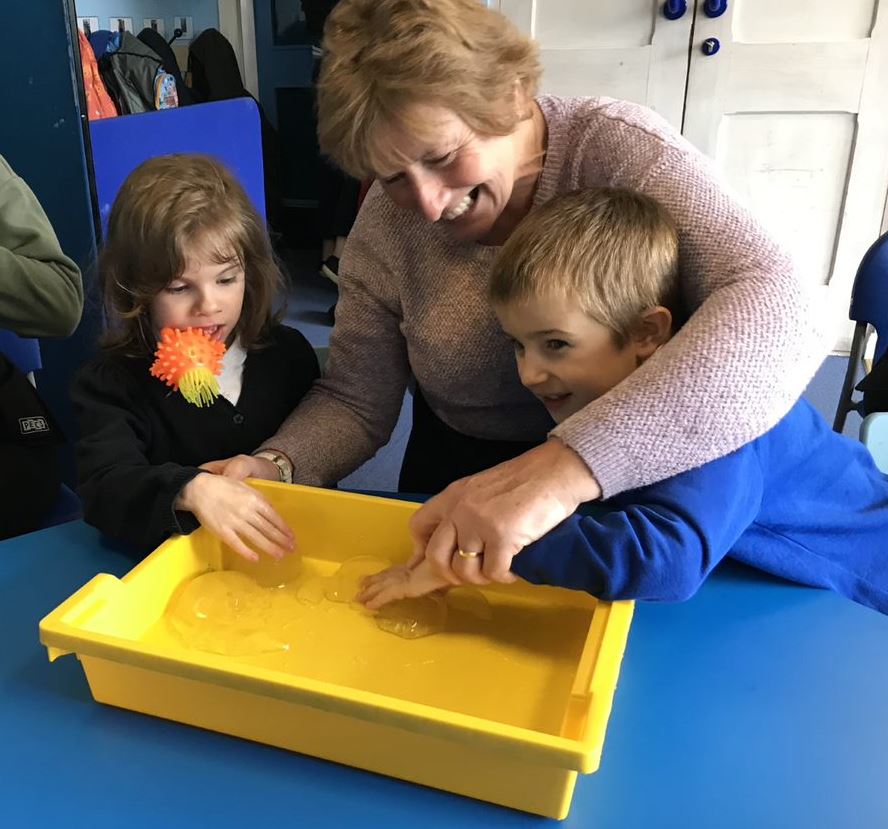Helping our students find their potential
Children usually learn and develop a lot through play, our youngsters with special needs are no different. Play can support the specific difficulties your child might have. If your child has a hearing or visual impairment, play can help strengthen their other senses to help them to navigate and explore the environment around them. For mobility impairment, play can exercise their muscles and improve coordination.
Children with autistic spectrum disorder can often be less social or find imaginative play difficult. They can show interest in non-toy objects, and get enjoyment from things like counting or sorting objects – however this is still playing. We can use their interests to encourage social and imaginative play, by joining in with the activities they choose to partake in.
A child with attention deficit hyperactivity disorder (ADHD) may also struggle to play socially, because their symptoms, such as having difficulty waiting their turn, can sometimes put other children off playing with them. Play can give children with ADHD the chance to express themselves and exert some energy, and with some adult guidance can help them build relationships with other children.
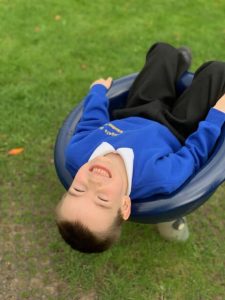
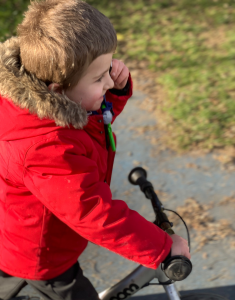
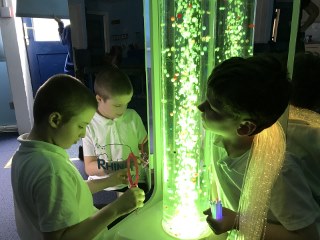
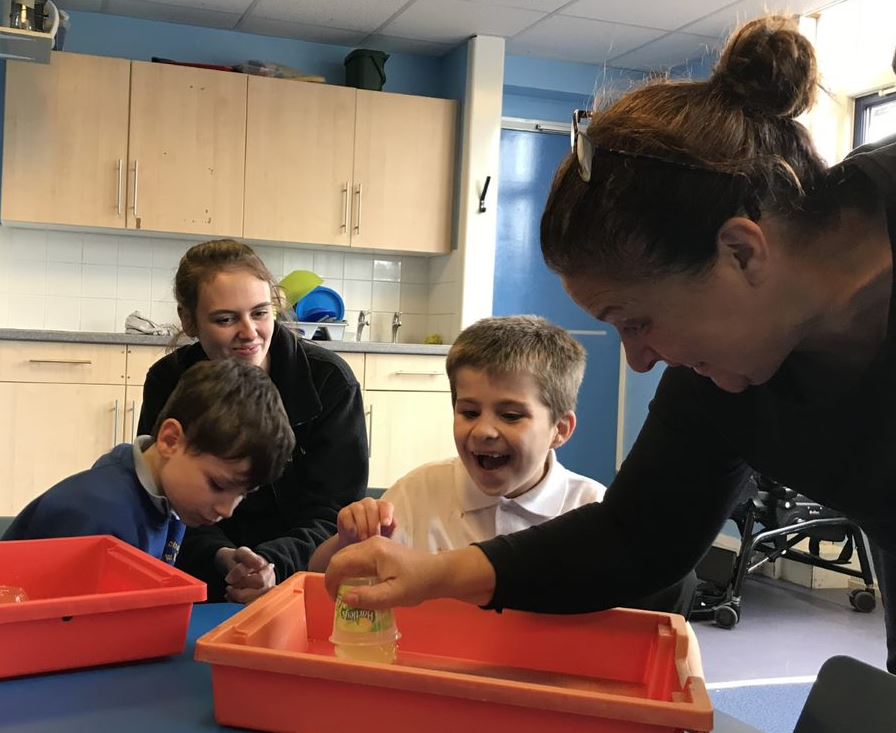
Exploration and discovery are paramount to play, and experimenting with different senses can be very enjoyable for children Stimulating these senses also strengthens connections in the brain which are important for all types of learning. Cognitive development: understanding how things work, comparing the characteristics of different materials. Social skills: Children can watch how others play, copy and share ideas. Self-awareness: Children learn what materials they like and don’t like, increasing their understanding of themselves Physical development: Sensory activities can be a good workout for the small muscles in their hands and fingers – fine motor control. Emotional development: Play can be a good release for energy or stress, and means children can also express positive feelings. Communication skills: Whatever their level of language development, children can express their reactions to the materials, for example showing anticipation of a water spray or delight at a coloured light.
